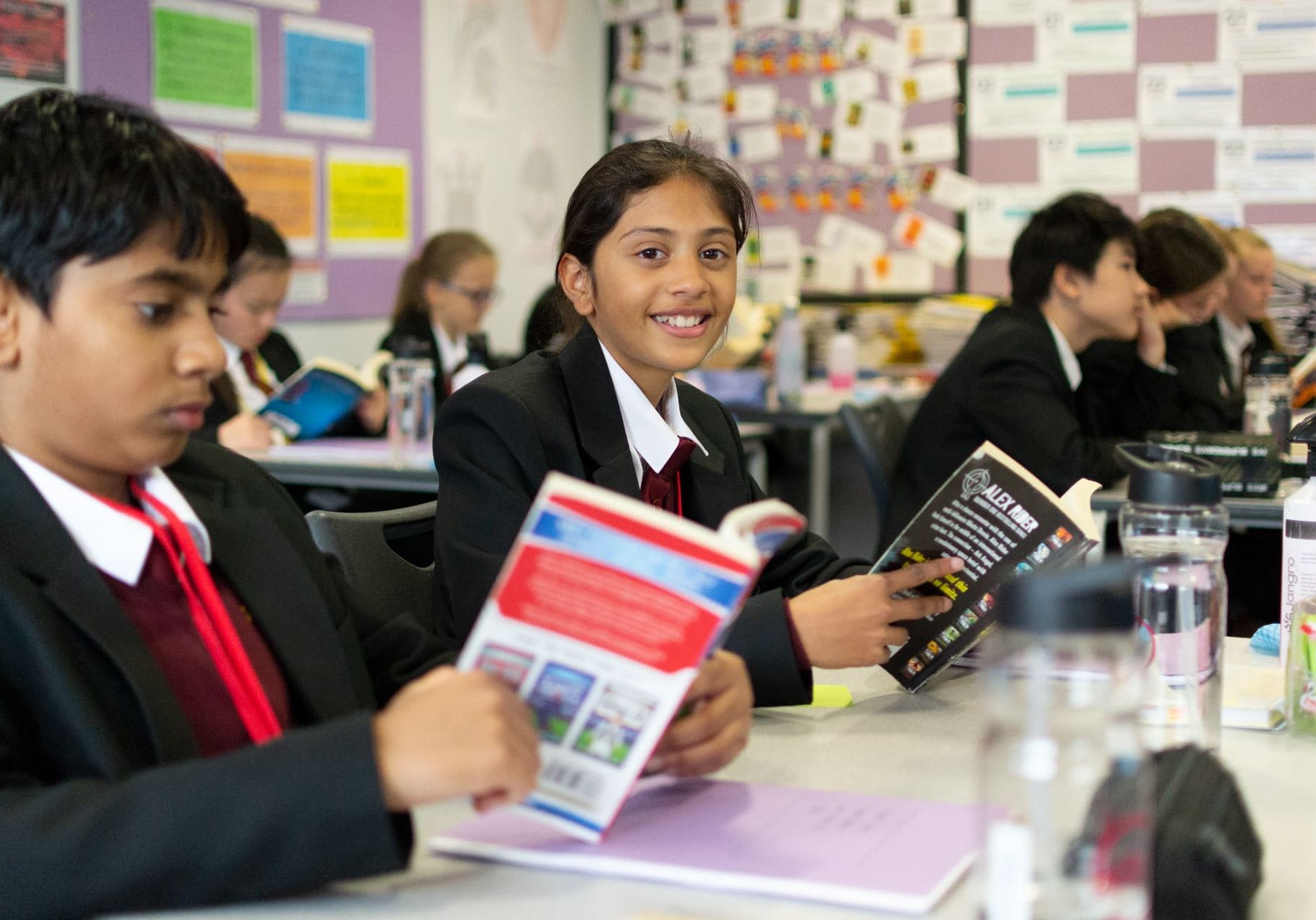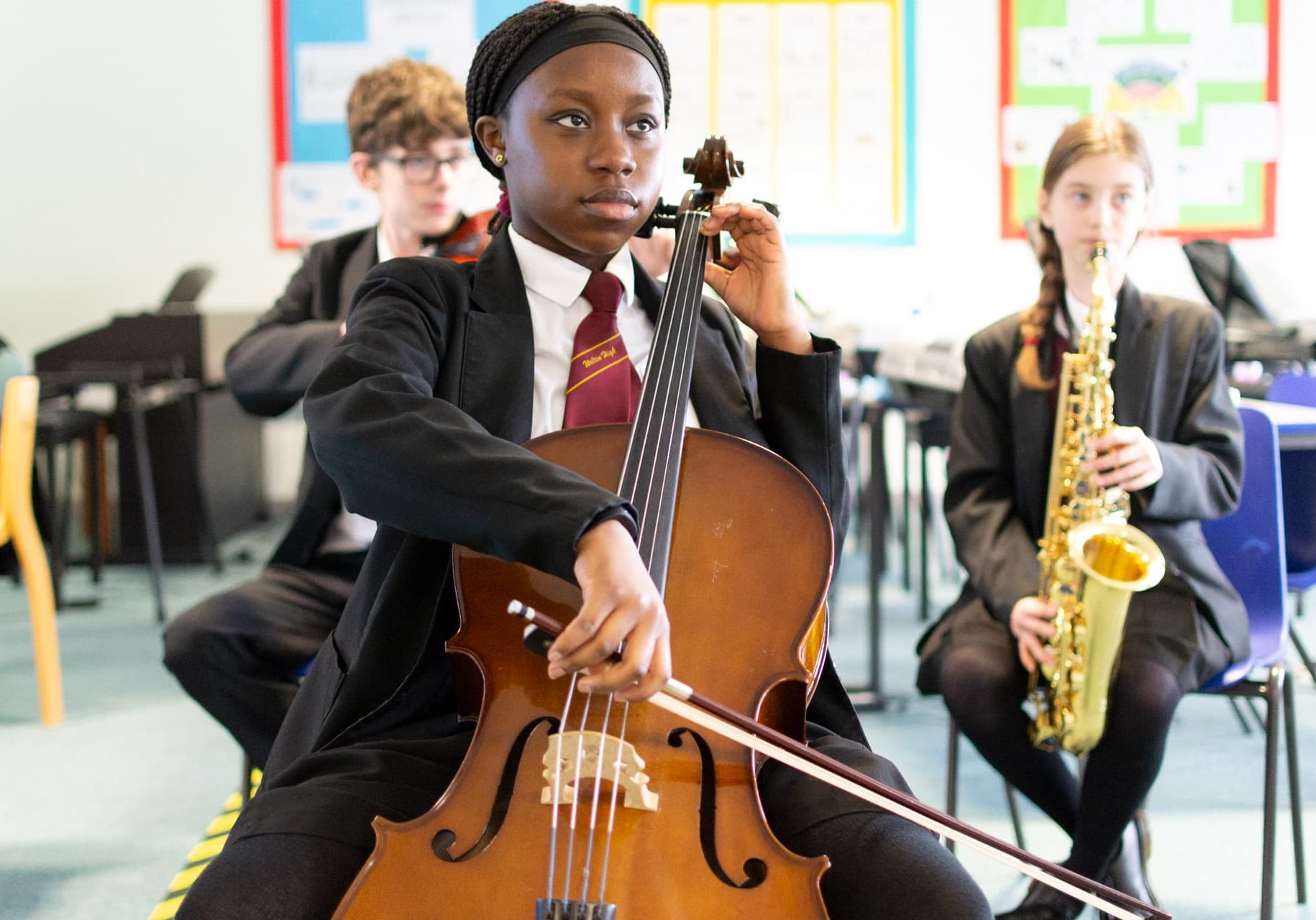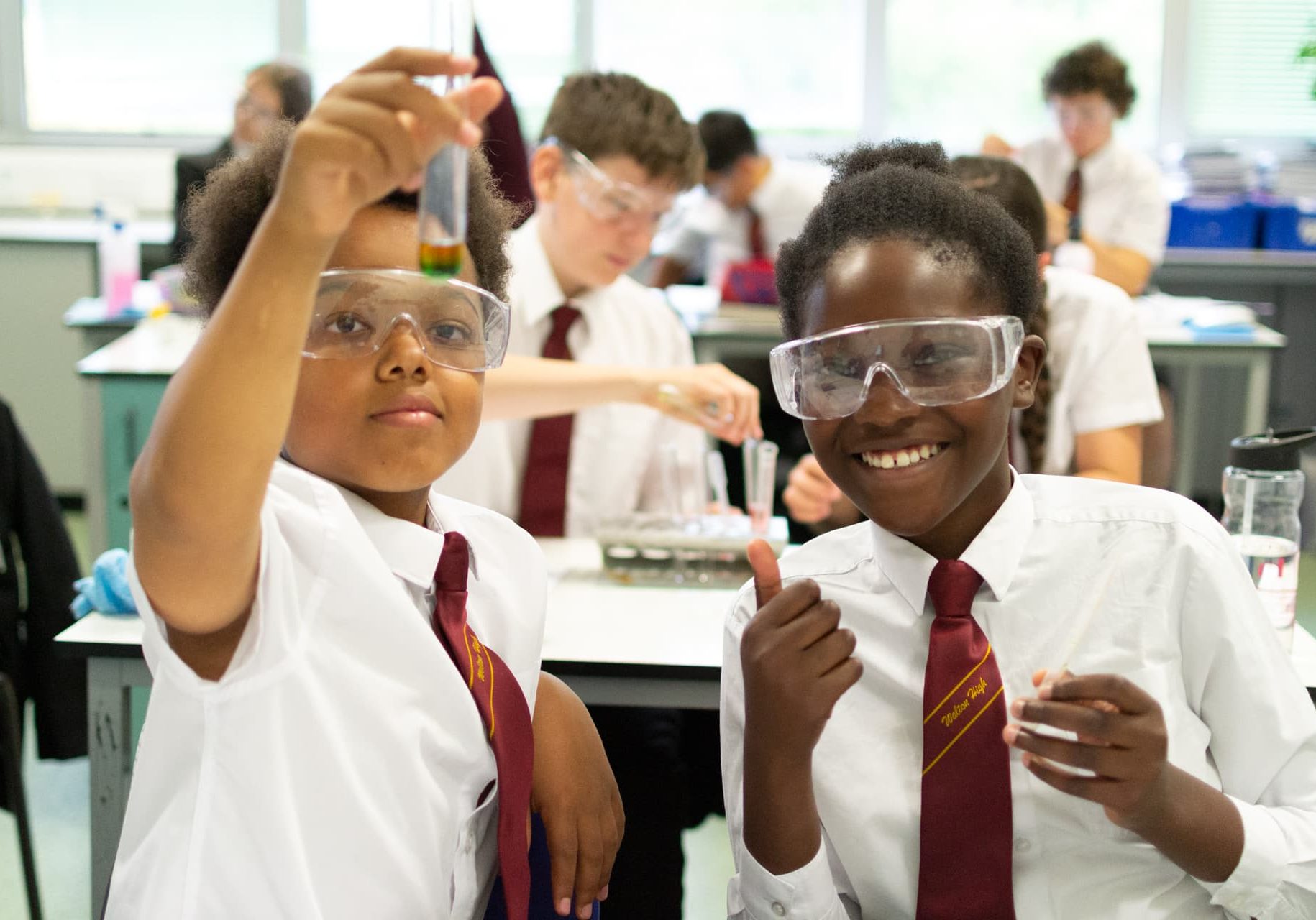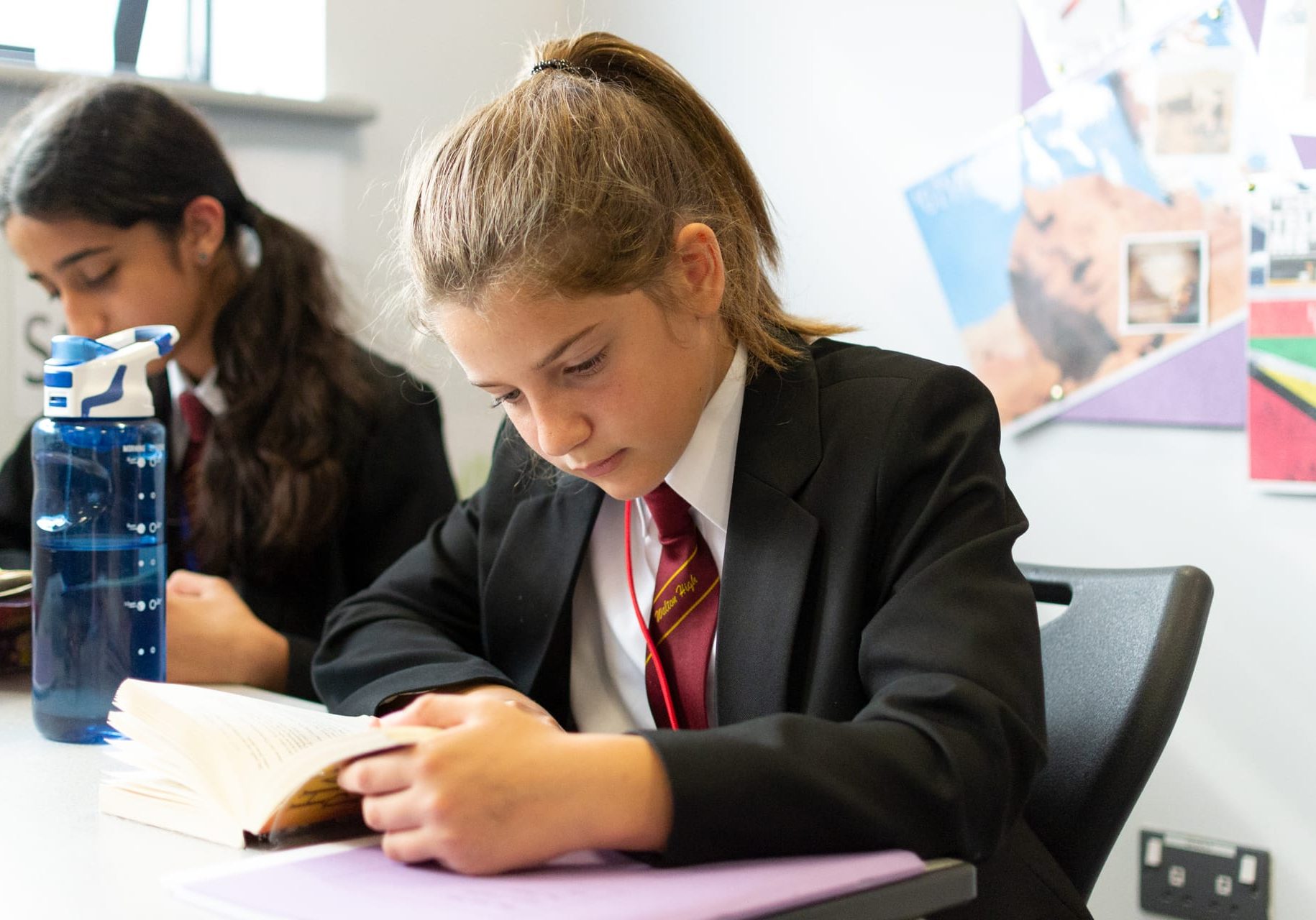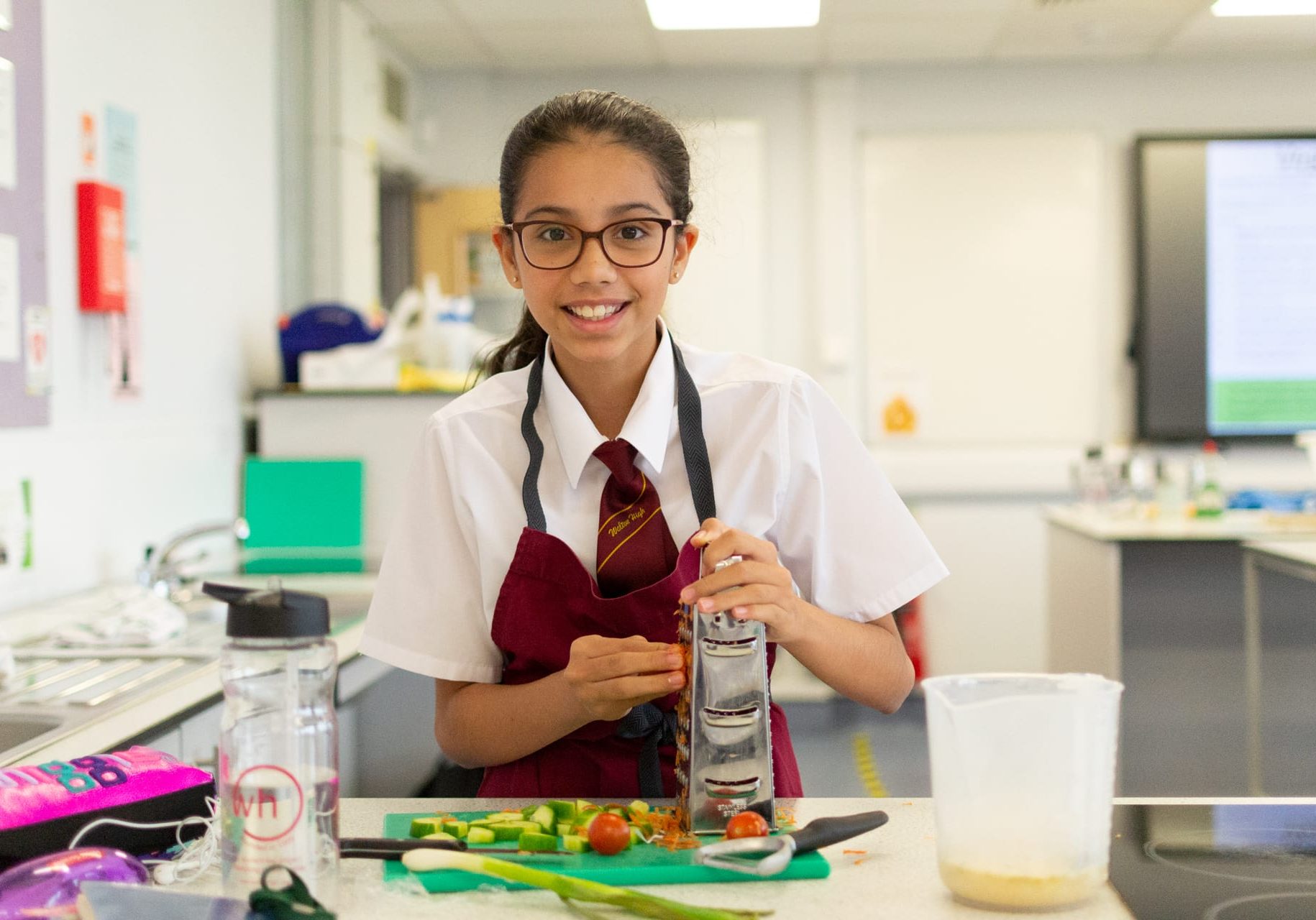Schools
International
Business & Enterprise
Linked Documents
Science
Welcome to the Walton High Sciences
Here you will find all the information about what topics you will study in science from Year 7 through to Year 13.
The study of science will give students an intellectual and experimental understanding of the world around them. Science tries to tackle the big questions! How did the universe start? How will it end? How can that disease be cured? How can we fuel the future? How can we protect endangered species? Is genetic engineering such a bad thing? It is our aim to instil this inquisitiveness in the young people we teach and to inspire them to find the answers to these and the many other questions they might have.
Science students at Walton High are very successful at all levels. Summer 2018 graduates from our Key Stage 5 programmes have been successful in gaining places to study amongst others; Natural Sciences at Cambridge, Biological Sciences at Oxford, Physics at the University of Southampton and Medical Sciences at the University of Birmingham.

